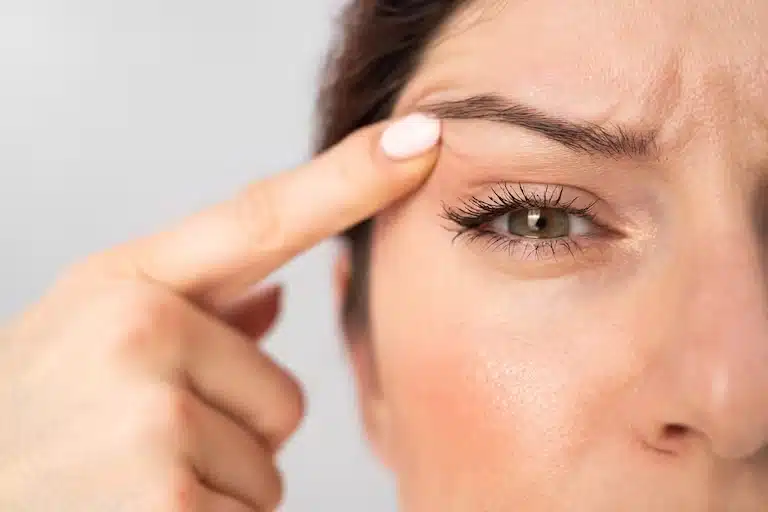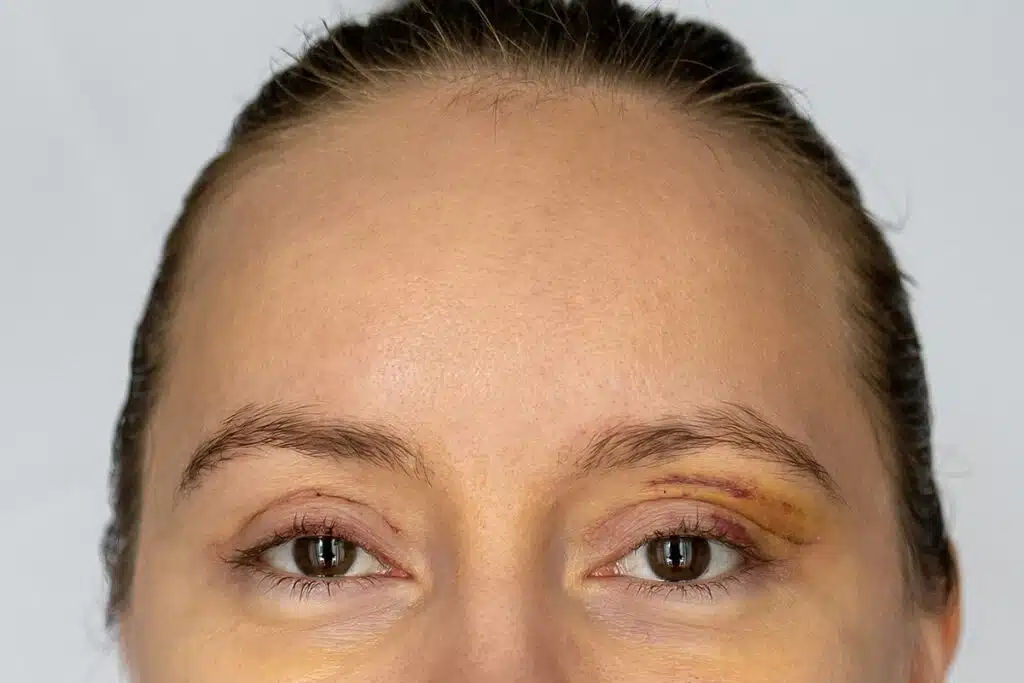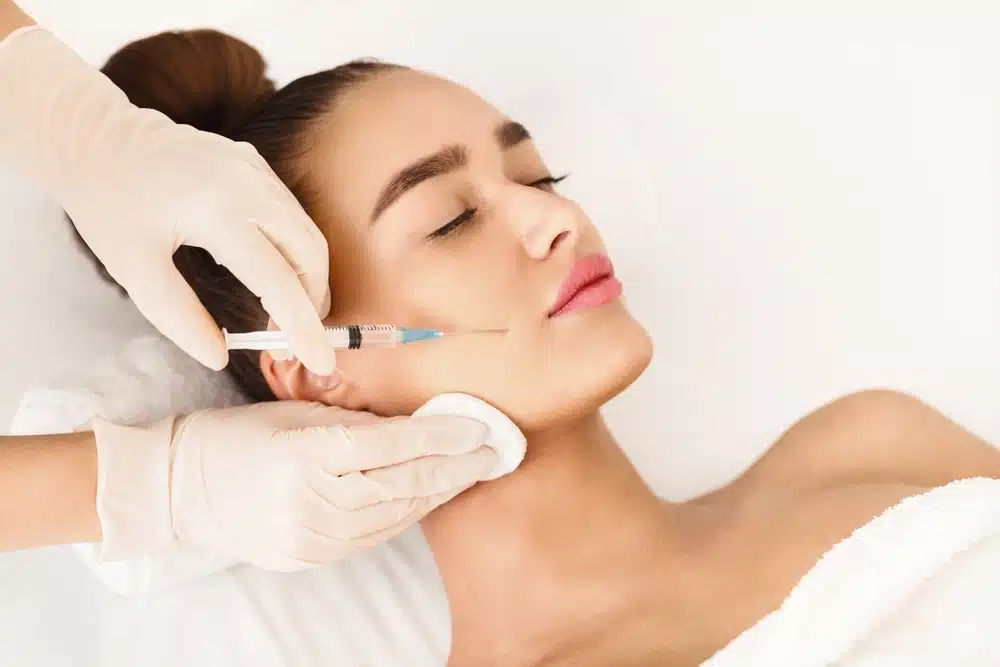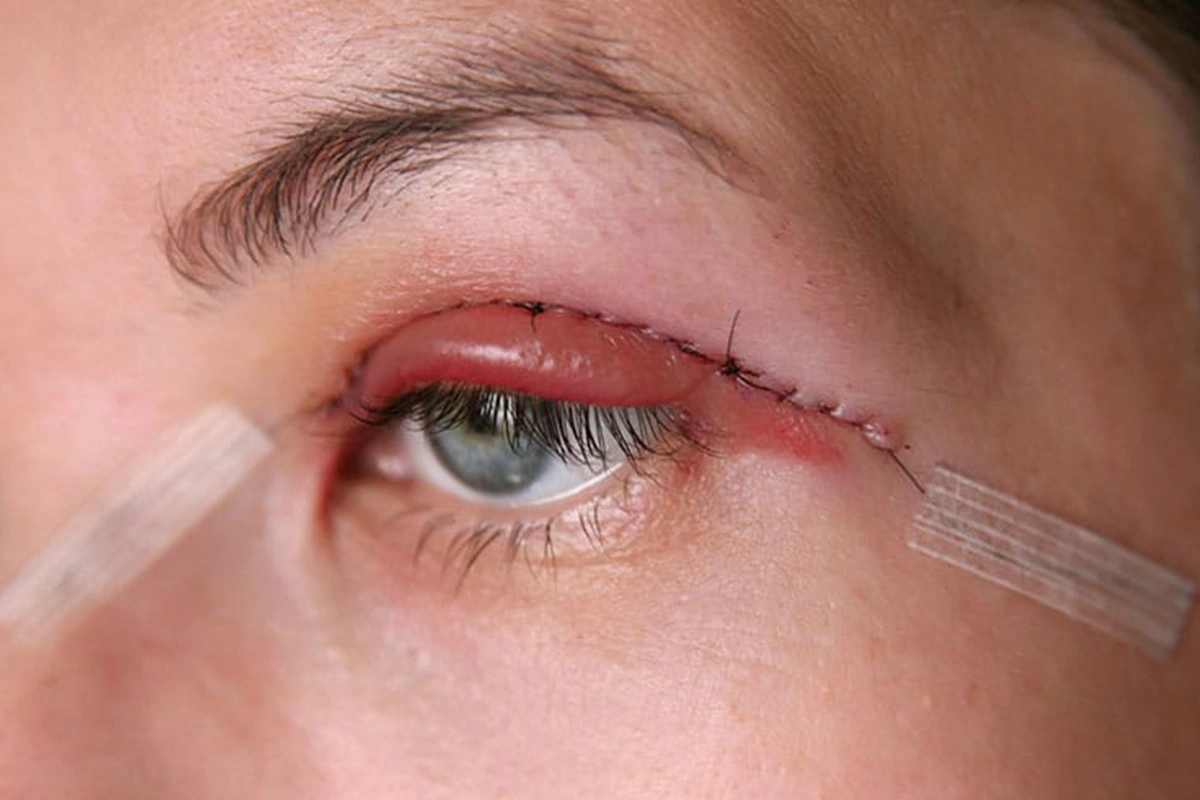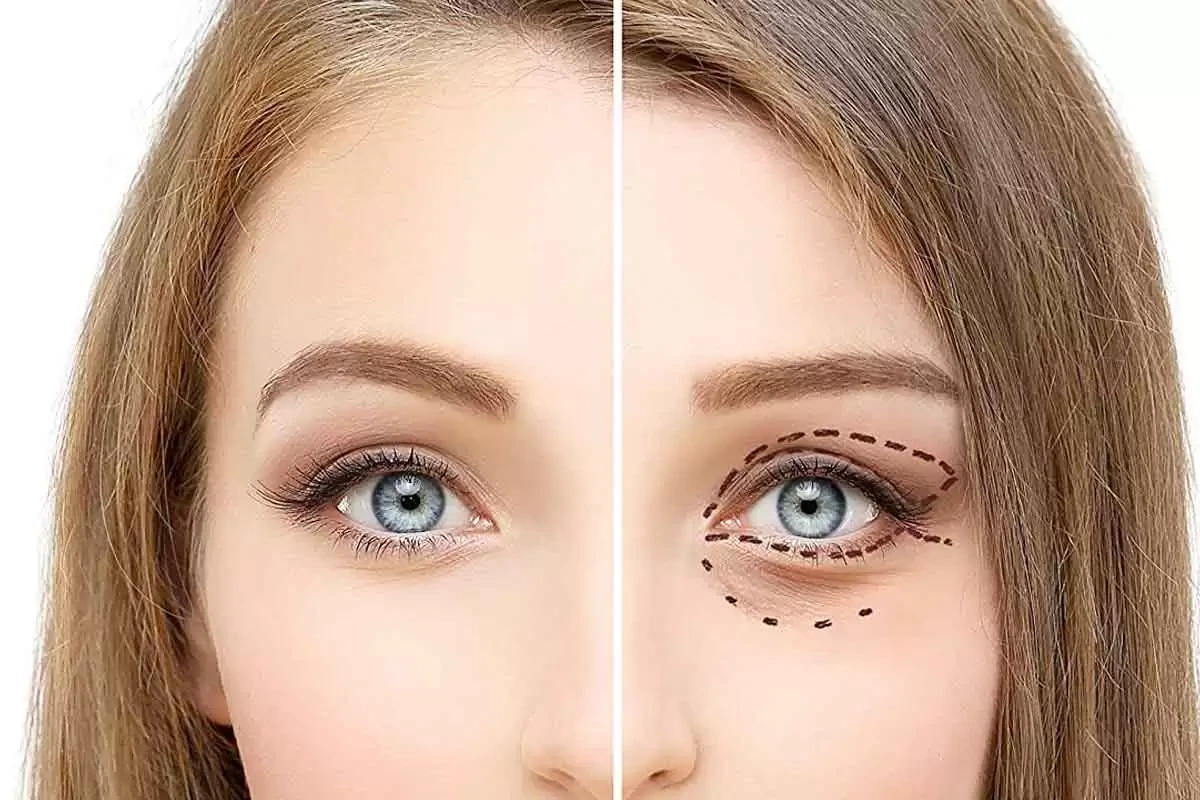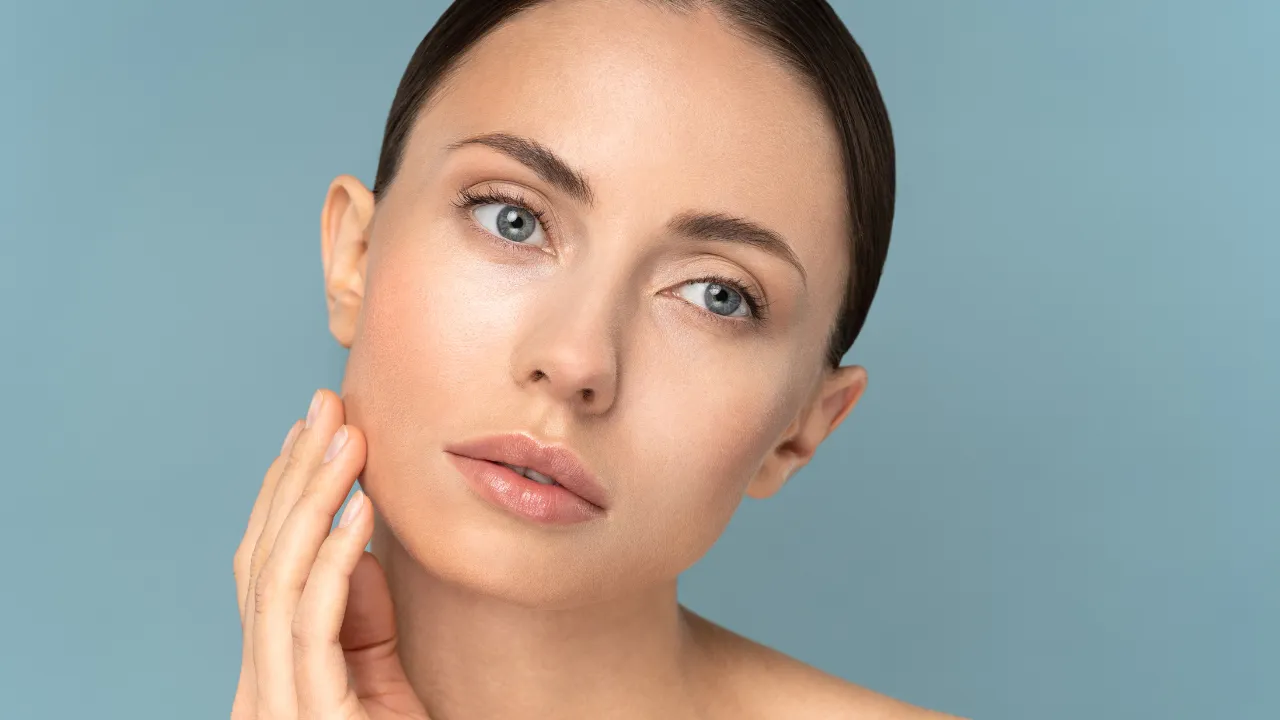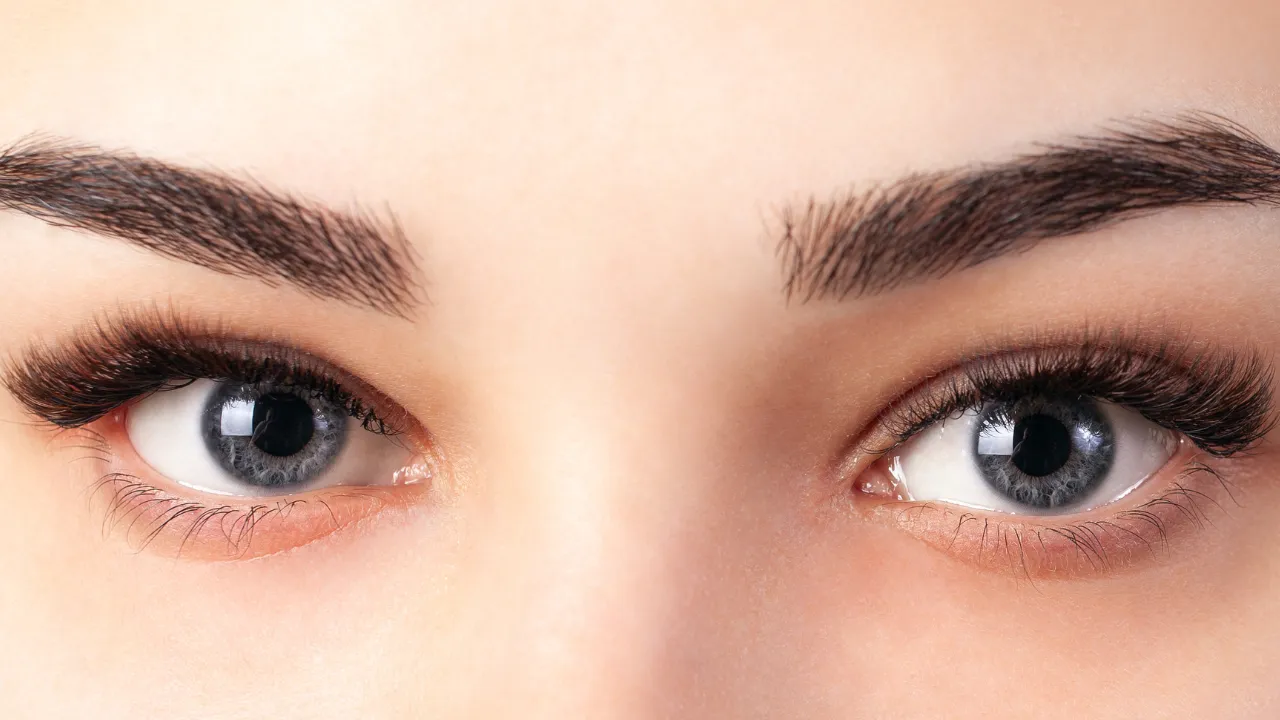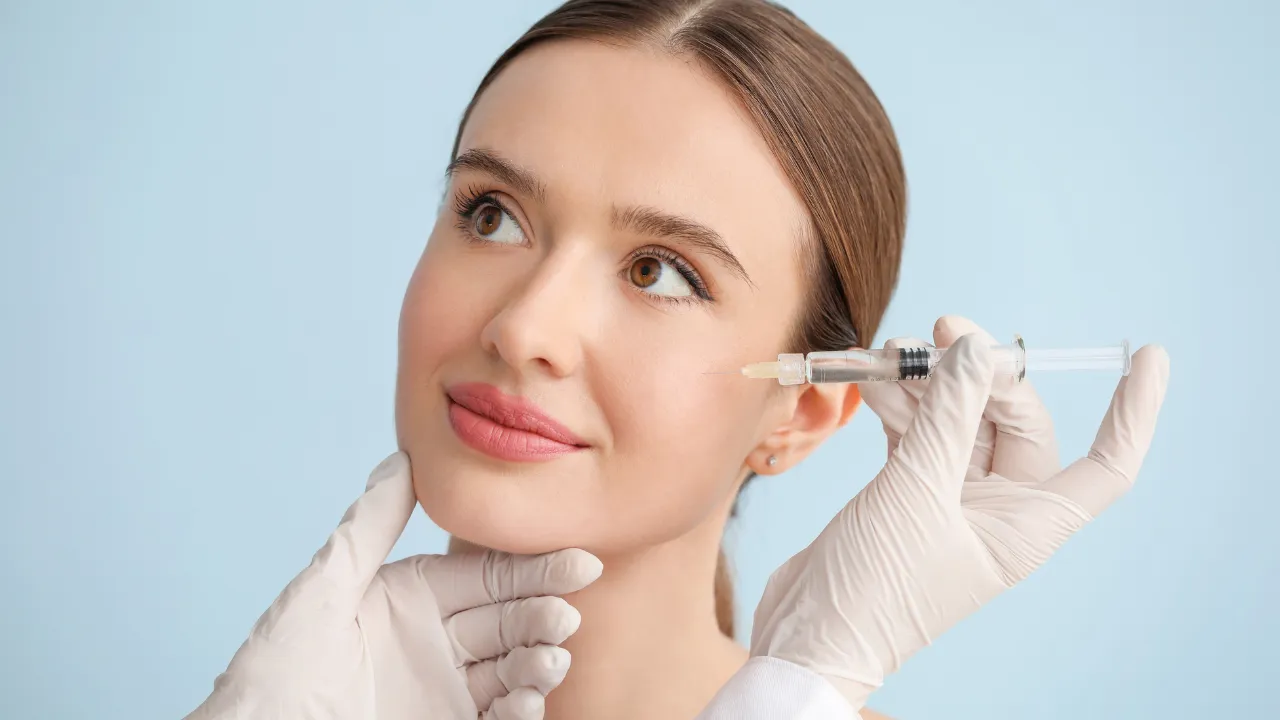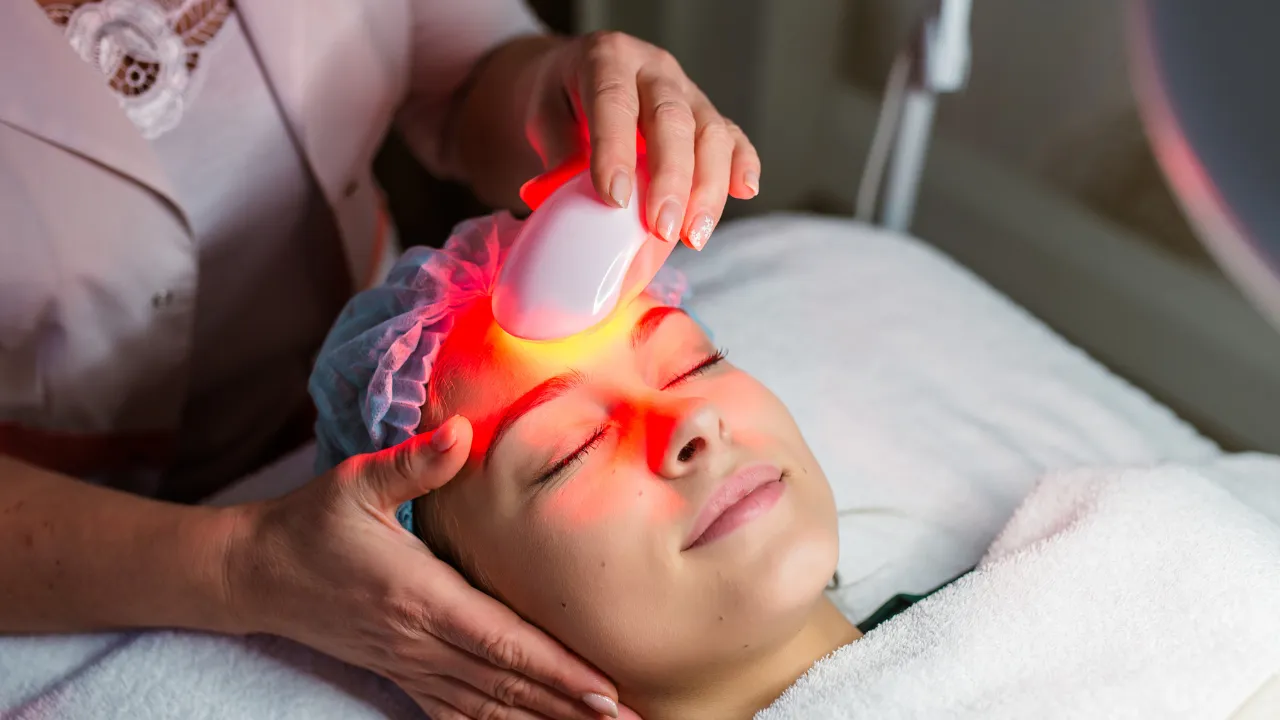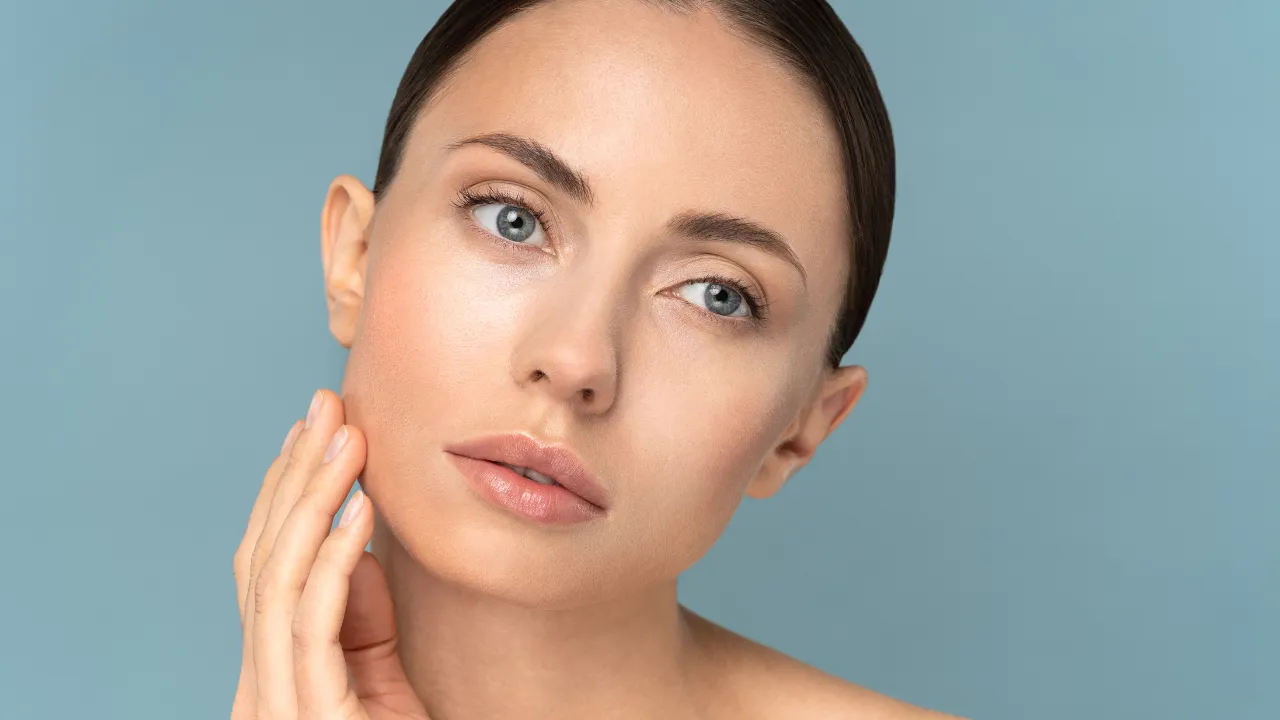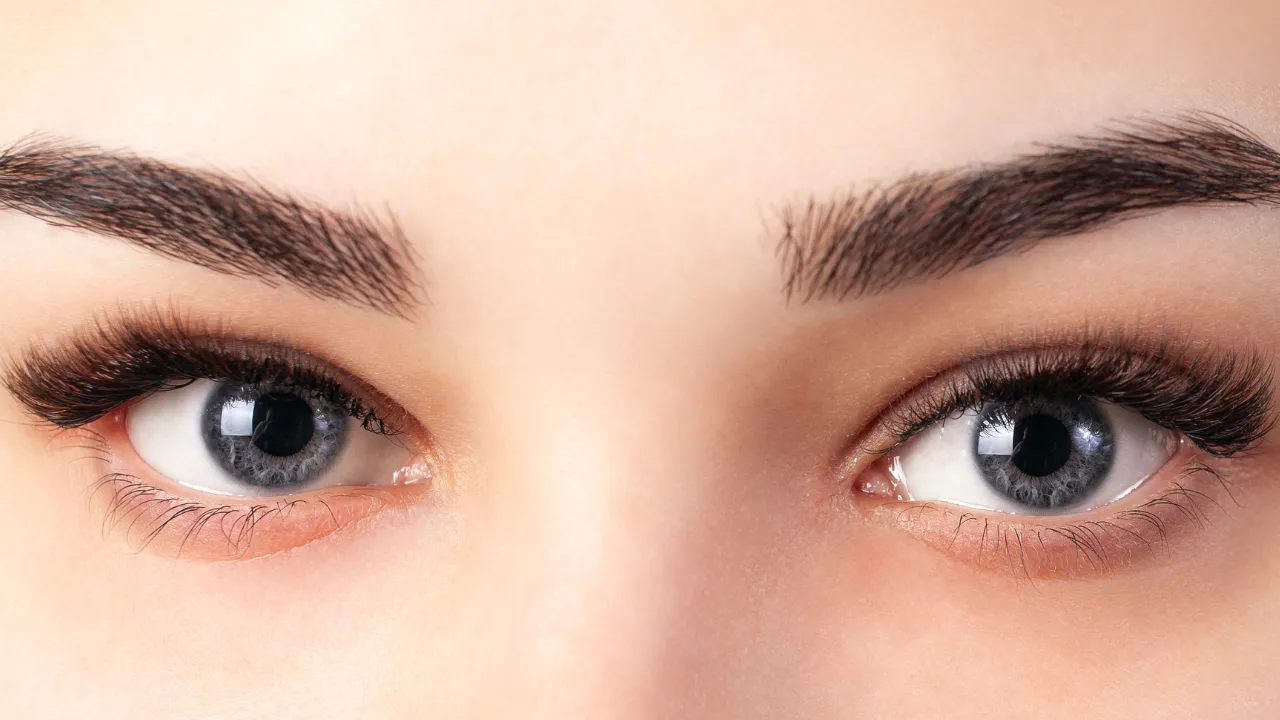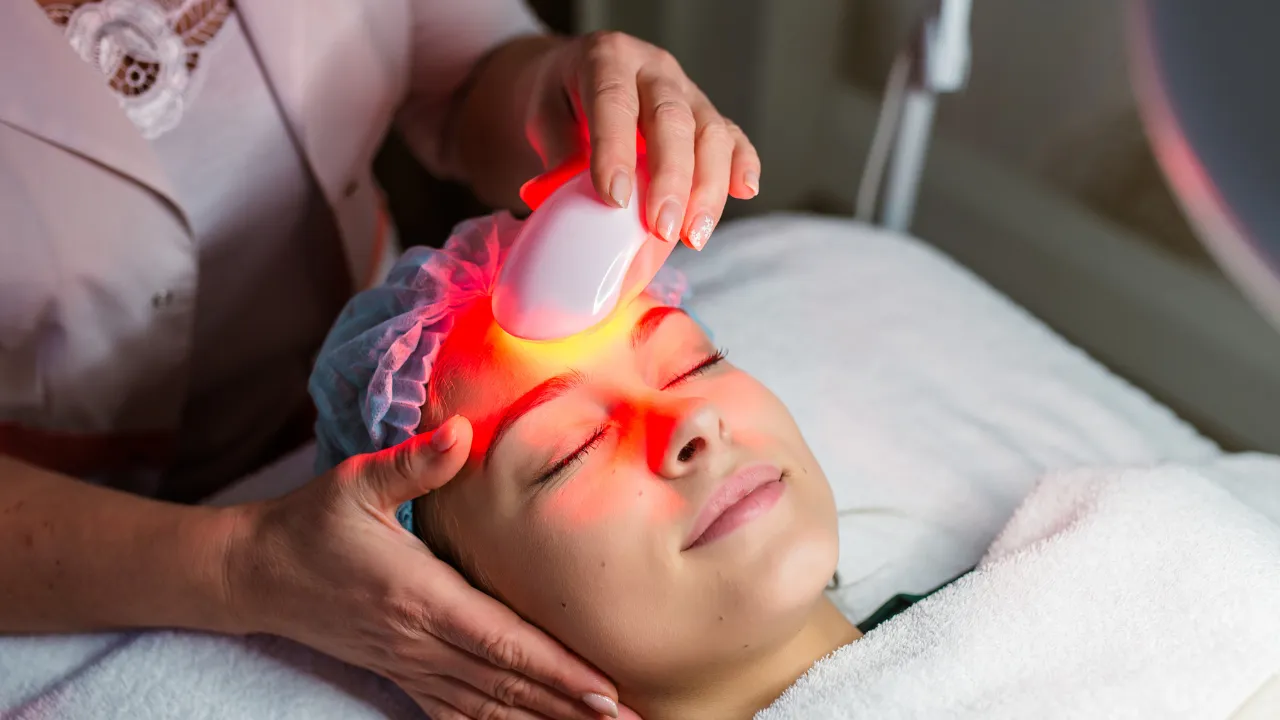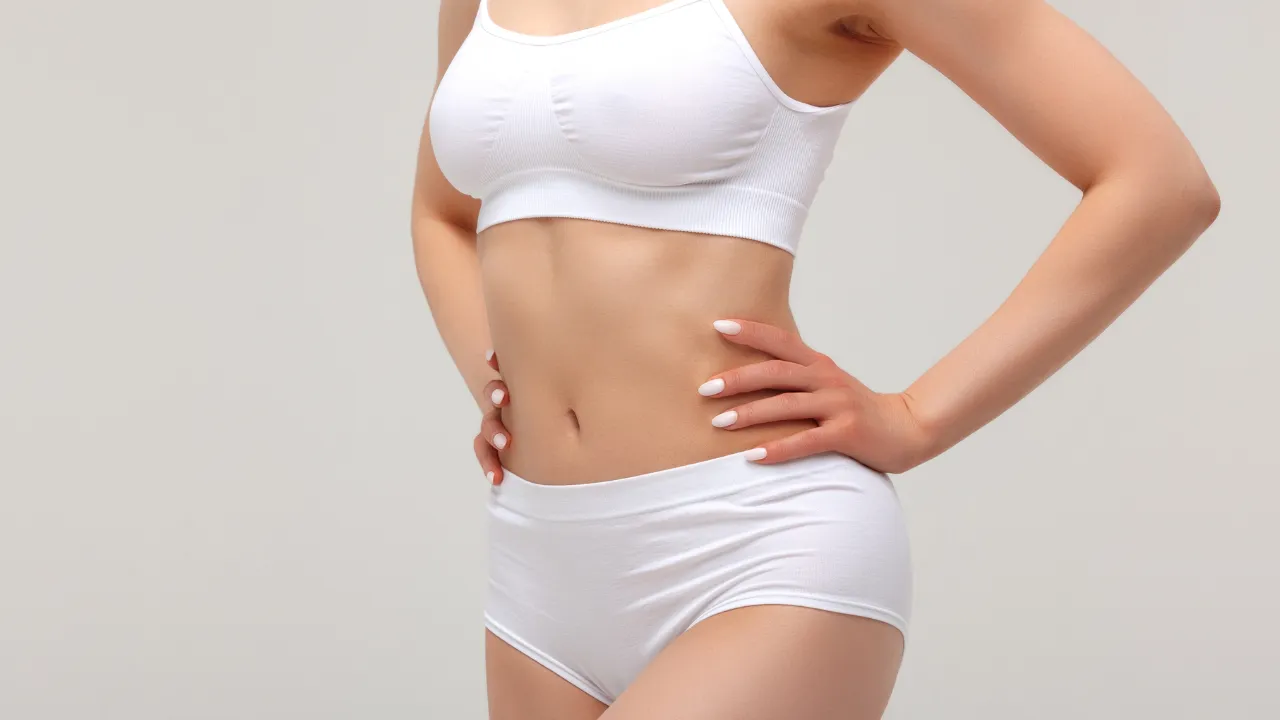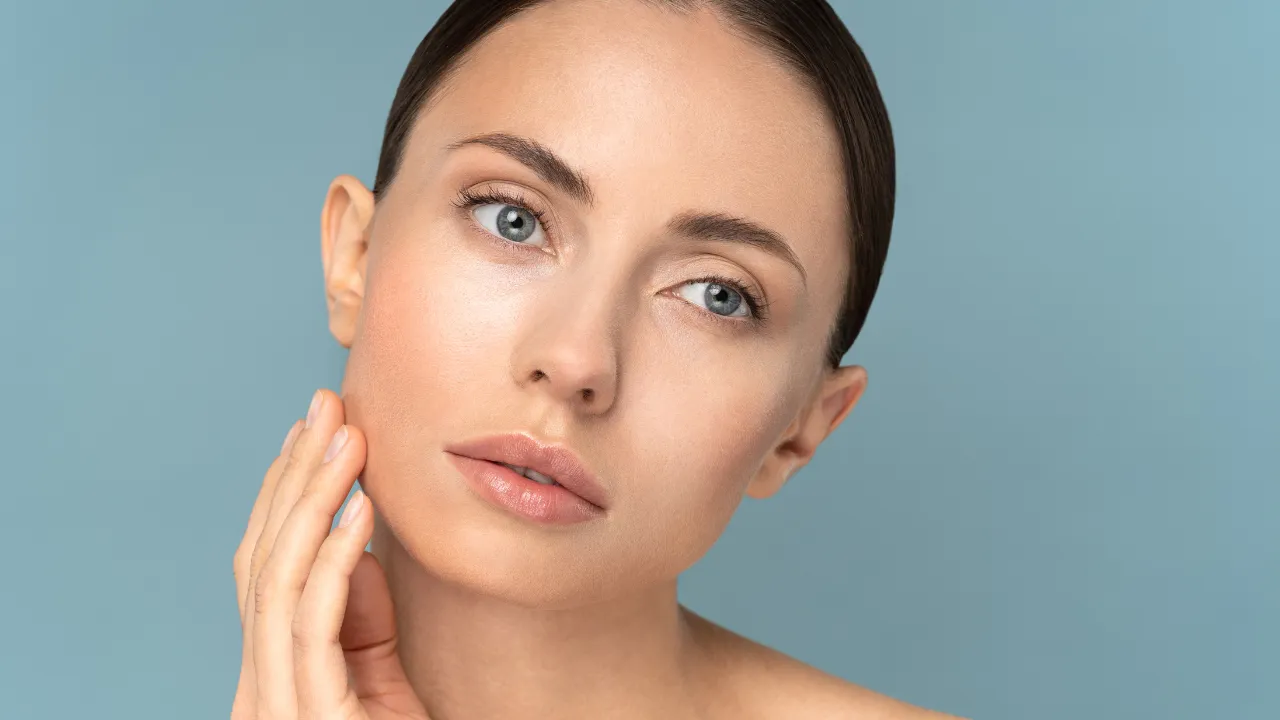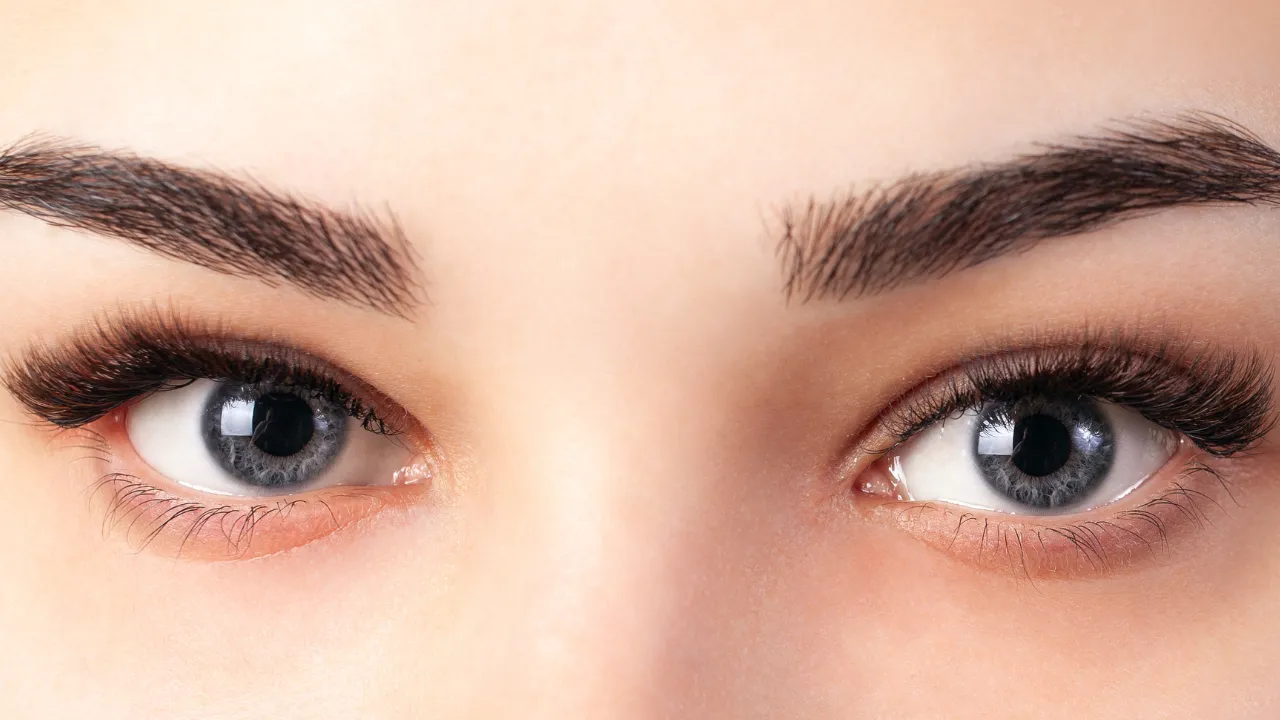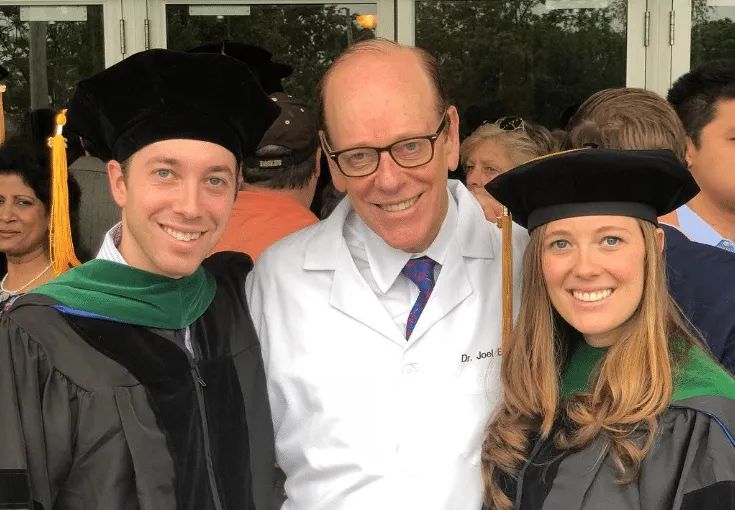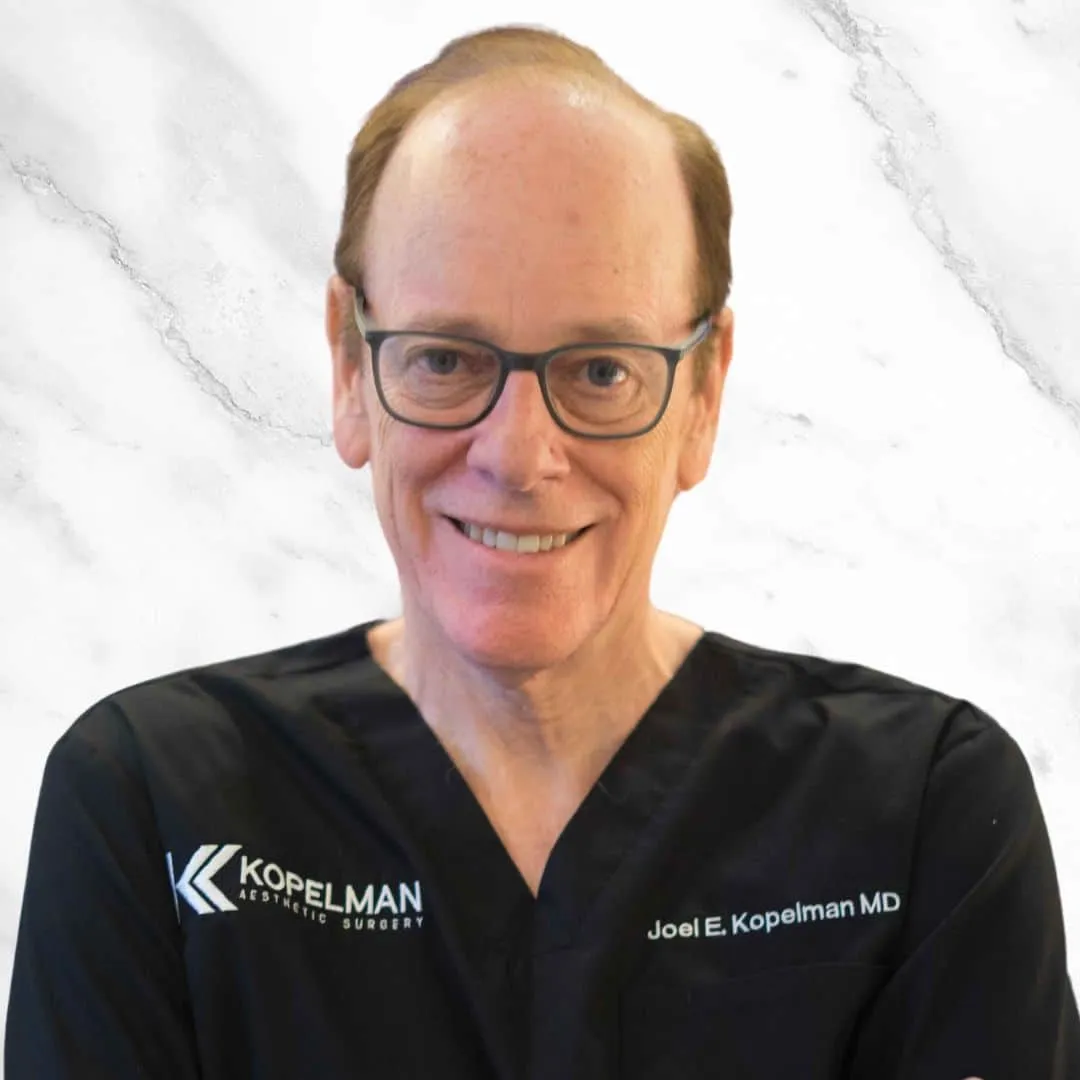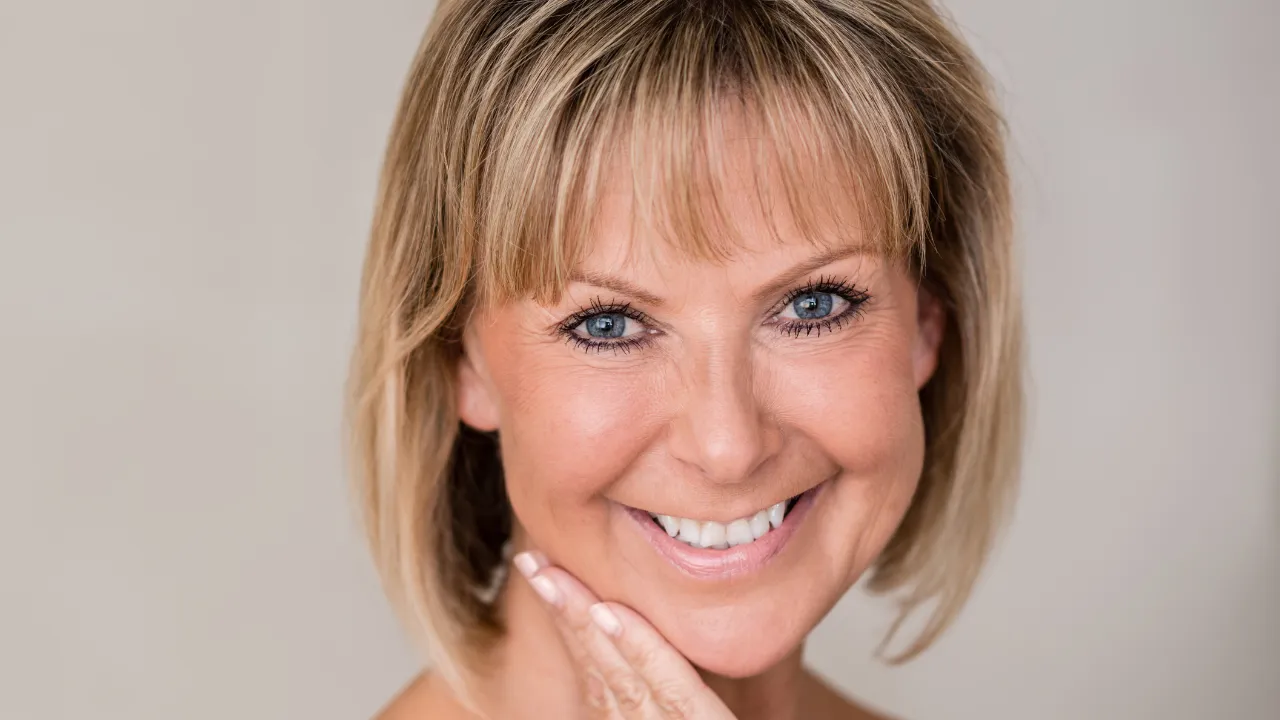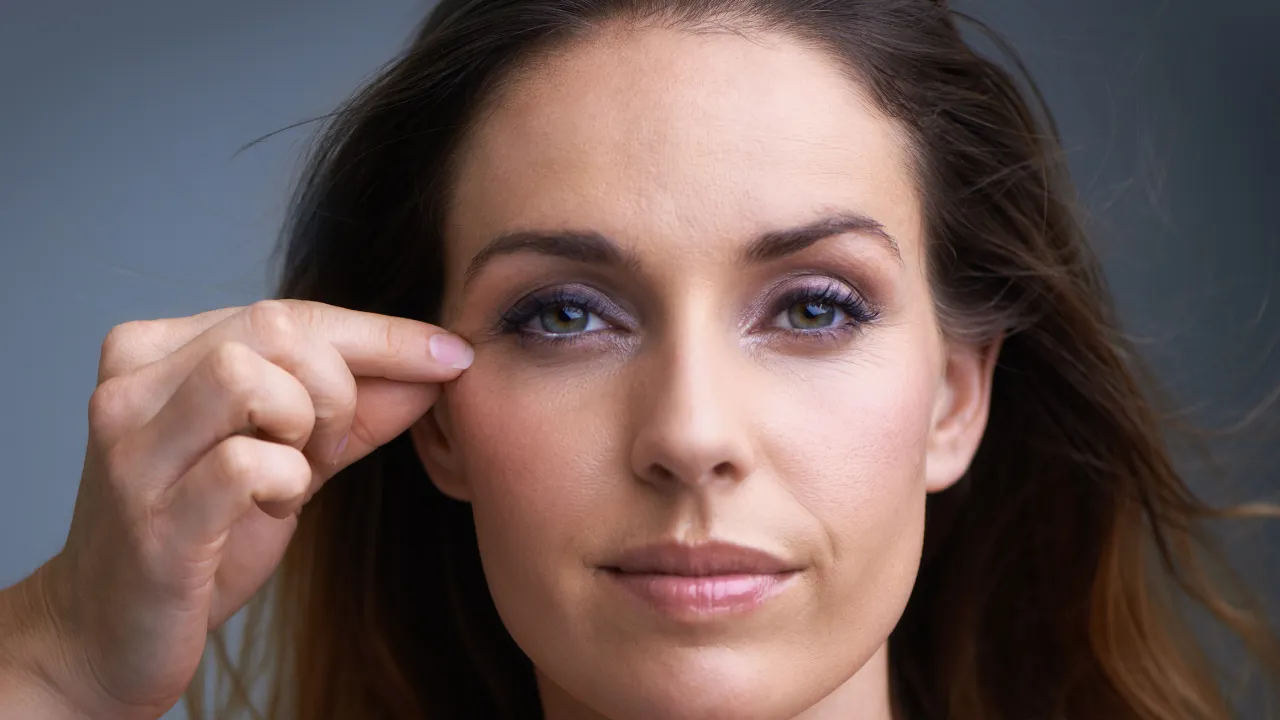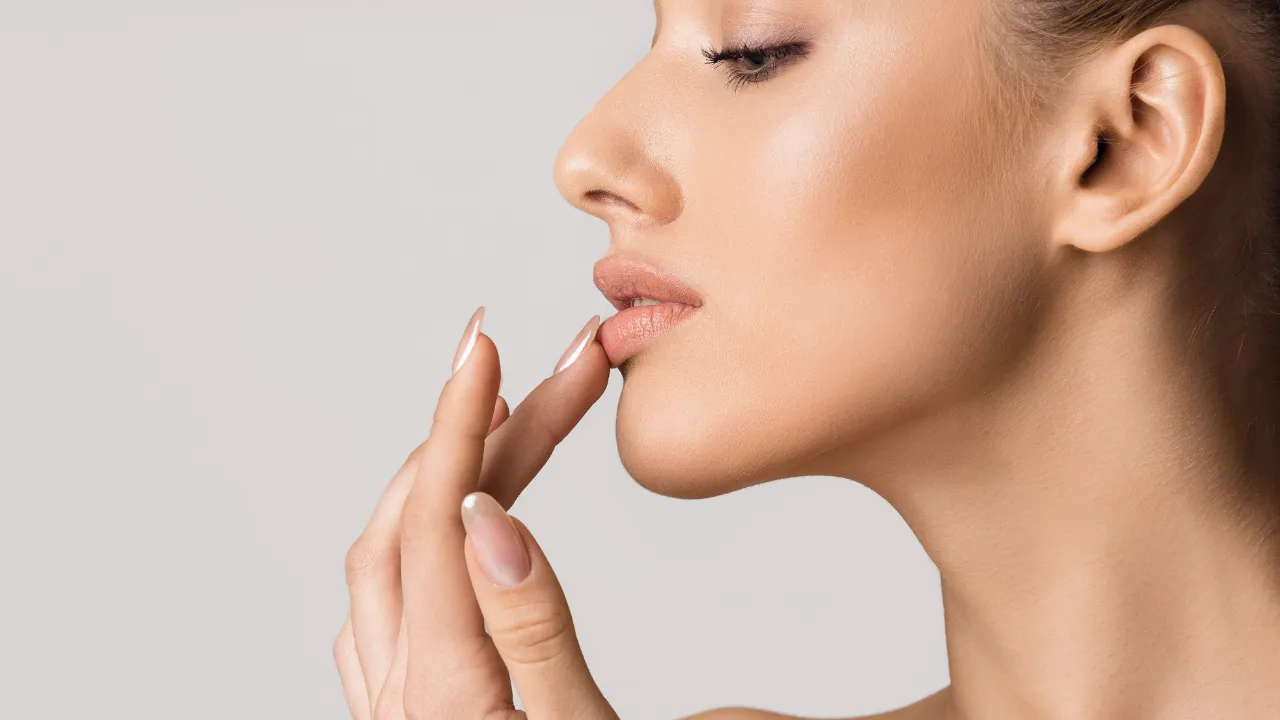Many patients at Kopelman Aesthetic Surgery ask, “Why does my upper eyelid feel heavy?” The answer often lies in a mix of fatigue, aging, or subtle medical changes. Dr. Joel Kopelman, a board-certified oculoplastic surgeon, helps patients understand and treat this concern with clarity and care.
If your eyelids feel heavy or droopy, it may affect your vision and appearance. Identifying the cause is key to finding the right solution—whether medical, cosmetic, or both. The heavy eyelids meaning varies, but early detection leads to better treatment options.
Table of Contents
ToggleCommon Causes of Heavy Eyelids
Fatigue and Sleepy Eyes
Tired eyelids often result from poor sleep or prolonged screen use. These habits weaken the eye muscles, making your upper eyelids feel heavier. Many people who search for “why do my eyelids feel heavy” are simply experiencing muscle fatigue from daily strain.
Ptosis, Aging, and Fat Eyelids
Ptosis, a condition where eyelid muscles lose strength, becomes more common with age or trauma. Alongside fat deposits, it can lead to fat eyelids or heavy eye lids. Ptosis often involves the levator muscle. Drooping eyelids are a common effect.
Genetics and Heavy-Lidded Eyes
Some people naturally have heavy-lidded eyes due to excess upper eyelid skin. This inherited trait can cause the eyes to appear tired or sad. In more extreme cases, this may be described as having huge eyelids.
Allergies, Swelling, and Sticky Sensation
Allergies or sinus issues can swell your eyelids, making them feel sticky or inflamed. These symptoms may lead to eye irritation.
Eye Strain and Screen Use
Screen time can strain the eye muscles, leading to blurred vision and eye pressure. This is common in people who skip regular screen breaks.
Can Lifestyle Habits Affect Eyelid Health?
Daily habits that may worsen eyelid heaviness include:
- Poor sleep
- High salt intake
- Smoking
- Dehydration
- Excess screen time
Small changes can improve eyelid comfort and reduce fatigue.
Sudden Droopy Eyelid – When It’s Urgent
If one eyelid suddenly droops—especially if the one eyelid feels heavy or you see double vision—see a doctor. Many patients ask, “Why does one eyelid feel heavy?” In some cases, it may be a sign of nerve issues or myasthenia gravis.
Can Medication Cause Heavy Eyelids?
Some medications may cause droopy or heavy eyelids:
- Antihistamines
- Sedatives
- Antidepressants
- Muscle relaxants
Discuss symptoms with your doctor if you recently started any new medication.
Symptoms to Watch For
Eyelid Feels Heavy But Looks Fine
Heaviness without visible drooping may suggest early muscle fatigue, inflammation, or dry eyes. It’s a subtle but important symptom.
Right Eyelid Feels Heavy
If one eye feels heavier than the other, it may indicate nerve involvement or early ptosis. A specialist evaluation is important to rule out asymmetrical ptosis or neurologic causes.
Heavy Eyelids and Blurry Vision
Heavy upper eyelids can limit your field of vision. This is often due to dermatochalasis, where excess skin obstructs sight. These vision problems may gradually affect your vision quality and peripheral vision.
Eyelid Twitches and Pressure
Twitching and heaviness are often caused by stress, fatigue, or caffeine. If symptoms persist, further evaluation may be necessary.
What Do Heavy Eyelids Indicate?
Medical vs Cosmetic Causes
Heavy eyelids may signal ptosis, nerve issues, or excess skin. An eye doctor or eye specialist can identify the cause.
Puffy or Enlarged Eyelids Explained
Why are my eyelids so big? Causes may include allergies, excessive salt intake, or genetic predisposition. Identifying the cause can help reduce swelling.
Diagnosis and Medical Evaluation
Doctor Evaluation Steps
A specialist like Dr. Kopelman will examine eyelid position, muscle strength, and eye function, and ask about your habits.
Medical Tests for Eyelids
You may undergo field of vision tests, eyelid measurements, or scans to check for nerve issues and determine next steps.
When Eyelids Feel Heavy But Not Tired
If heaviness occurs without general fatigue, localized issues like mild ptosis or dry eyes may be the cause.
How to Fix Heavy Eyelids
Lifestyle Changes and Eye Care
To ease heaviness:
- Sleep 7–8 hours
- Take screen breaks every 20 minutes
- Use cold compresses
- Stay hydrated and reduce salt
Can You Prevent Heavy Eyelids?
Preventive habits include:
- Sleeping on a regular schedule
- Wearing sunglasses
- Using eye drops
- Avoiding allergens
- Eating antioxidant-rich foods
Non-Surgical Options and Medication
Alternatives to surgery:
Blepharoplasty for Long-Term Results
Dr. Kopelman offers blepharoplasty to remove excess eyelid skin and fat. This improves vision and resolves heavy eyelid symptoms. It’s a long-term treatment option.
What to Expect After Eyelid Surgery
Recovery includes:
- Mild swelling for 1–2 weeks
- Stitches removed in 5–7 days
- Return to work in 7–10 days
- Final results in a few weeks
Blepharoplasty is a safe surgical procedure. Side effects may include bruising or irritation. It enhances the function of the skin and muscles.
When to See a Specialist
Symptoms That Require Medical Attention
Consult a doctor if you experience:
- Worsening drooping
- Blurry vision
- Uneven eyelids
- Difficulty keeping eyes open
These may need medical—not cosmetic—treatment.
Choosing the Right Eyelid Surgeon
Choose a board-certified oculoplastic surgeon. Dr. Joel Kopelman brings 35+ years of experience. His approach ensures both improved function and natural results. In some cases, a brow lift may support the natural crease and eyelid positioning.
If your eyelids feel heavy or your vision has changed, book a consultation with Dr. Kopelman at Kopelman Aesthetic Surgery. You’ll receive a detailed evaluation and expert treatment plan.

